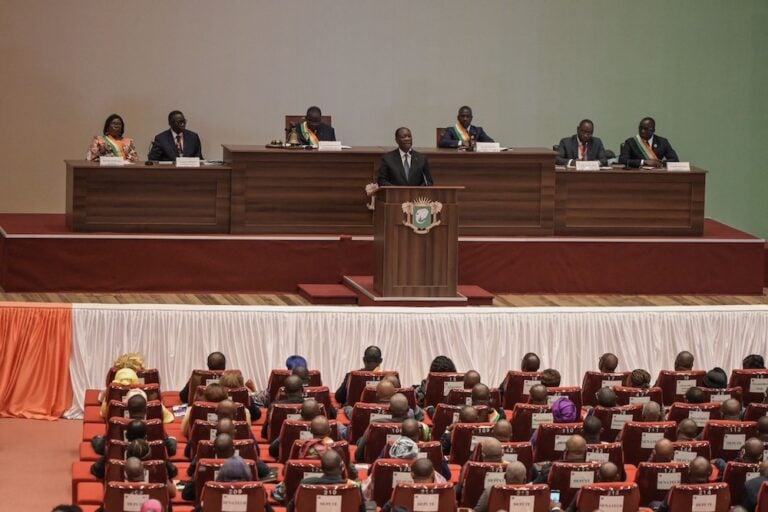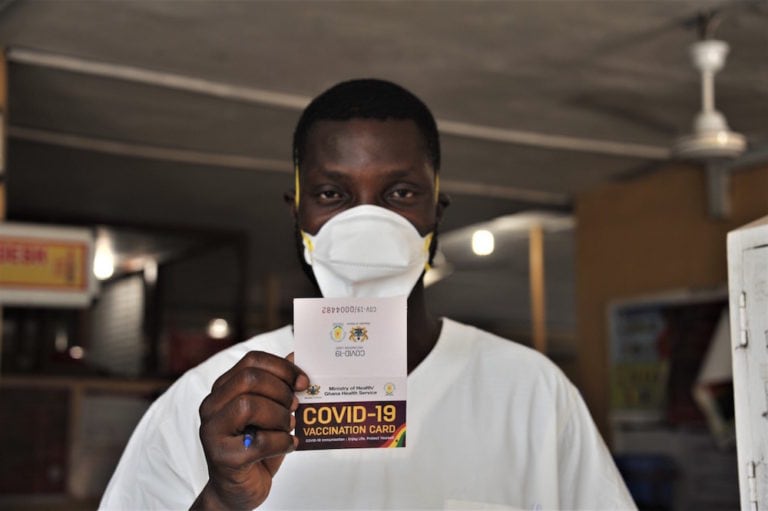(RSF/IFEX) – Reporters Without Borders is astounded by the one-year prison sentence which an Abidjan criminal court imposed on activist Antoine Assalé Tiémoko on 4 January 2008 for “contempt of court and “libelling the prosecutor’s office” in an op-ed piece about judicial corruption that he wrote for the daily “Le Nouveau Réveil” on 14 December […]
(RSF/IFEX) – Reporters Without Borders is astounded by the one-year prison sentence which an Abidjan criminal court imposed on activist Antoine Assalé Tiémoko on 4 January 2008 for “contempt of court and “libelling the prosecutor’s office” in an op-ed piece about judicial corruption that he wrote for the daily “Le Nouveau Réveil” on 14 December 2007.
An occasional contributor to the newspaper, Tiémoko heads an NGO that combats social injustice and unemployment. He was arrested on 28 December.
“Although Tiémoko is not a journalist, he has been given a prison sentence for a press offence,” Reporters Without Borders said. “We remind the authorities and the judges that a jail term for this kind of offence is disproportionate and is condemned by international organisations including the United Nations.”
In his essay entitled “Justice, criminals and corruption” about a country called “Mastodon Coast,” Tiémoko used coded words, anagrams and innuendo to attack the justice ministry, state prosecutor Tchimou Raymond Féhou and various judges, accusing them of being “corrupt to the core.”
“These senior officials take money from detainees in return for promises to pressure the investigating judges in charge of their cases to tone down the prosecution’s charges in order to reduce the sentences,” he wrote. Accompanied by a photo of justice minister Koné Mamadou, the article concluded: “This is a true story. The people named really exist but any resemblance is just coincidental.”
Tiémoko, who did not produce any evidence in support of his allegations during the trial, is serving his sentence in Abidjan prison. In a phone call with a “Le Nouveau Réveil” reporter, he said, “They will not prevent me from thinking by putting me in prison.”


